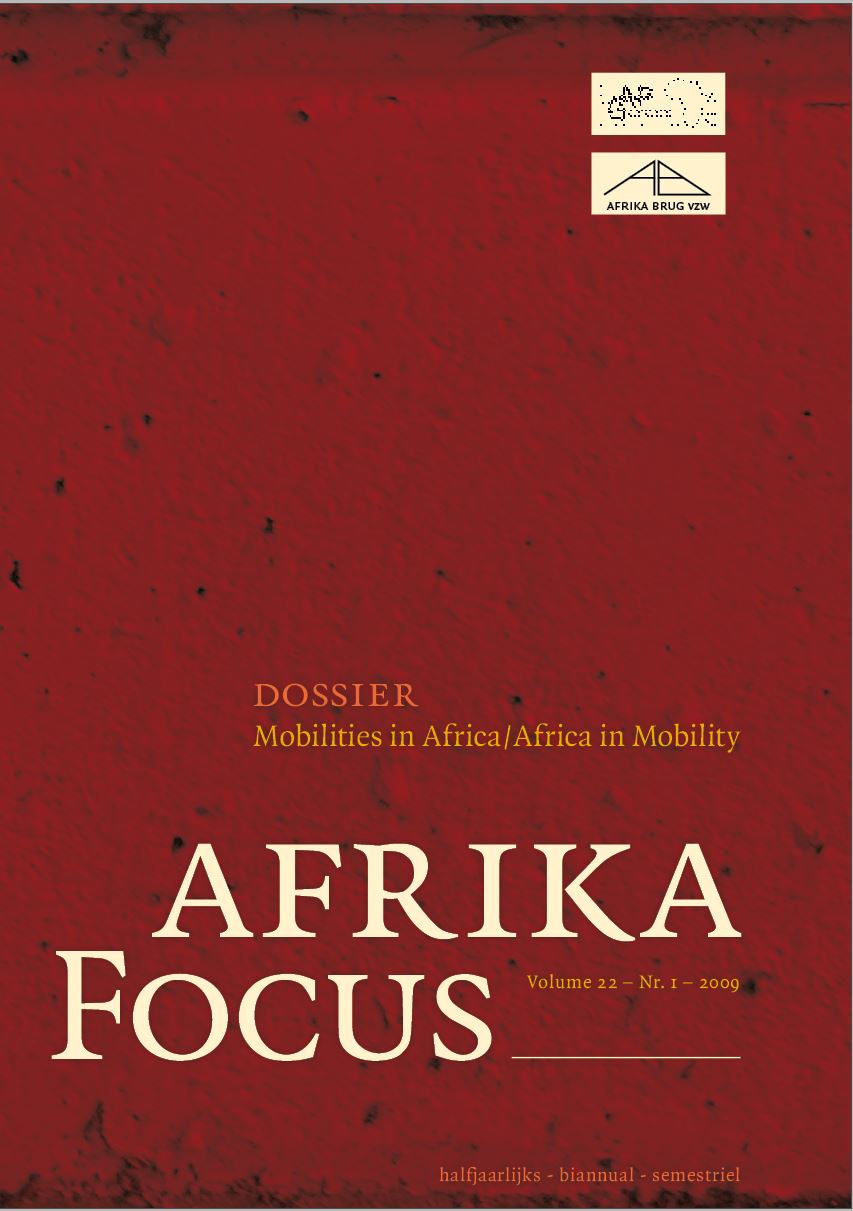The lack of refugee burden-sharing in Tanzania: tragic effects
DOI:
https://doi.org/10.21825/af.v22i1.5063Abstract
The United Republic of Tanzania has been and currently still is one of the most important host countries in the world for refugees. The majority of those refugees have been living in camps for many years and have no prospect of a durable solution of their situation via repatriation, integration or resettlement. As a result, Tanzania is confronted with protracted refugee situations. The purpose of this article is to answer the question who is responsible for the plight of these refugees. Tanzania’s national refugee policy since the 1960s is analysed, whereby a clear evolution can be observed from an ‘Open Door’ policy to a policy with heavy restrictions and the absence of local integration as a durable solution. However, it will be concluded that it is not Tanzania but the international community that is to be held responsible. There is a lack of international refugee burden-sharing, as evidenced by the lack of an international legal framework for durable solutions for refugees. A ‘common but differentiated responsibility’ should be the basis of international cooperation to solve protracted refugee situations such as those occurring in Tanzania. Key words: African Great Lakes region, protracted refugee situations, national policyDownloads
Published
How to Cite
Issue
Section
License
Authors who publish with this journal agree to the following terms
Authors retain copyright and grant the journal right of first publication with the work simultaneously licensed under a Creative Commons Attribution License that allows others to share the work with an acknowledgement of the work's authorship and initial publication in this journal.
Authors are able to enter into separate, additional contractual arrangements for the non-exclusive distribution of the journal's published version of the work (e.g., post it to an institutional repository or publish it in a book), with an acknowledgement of its initial publication in this journal.
Authors are permitted and encouraged to post their work online (e.g., in institutional repositories or on their website) prior to and during the submission process, as it can lead to productive exchanges, as well as earlier and greater citation of published work (See The Effect of Open Access).


